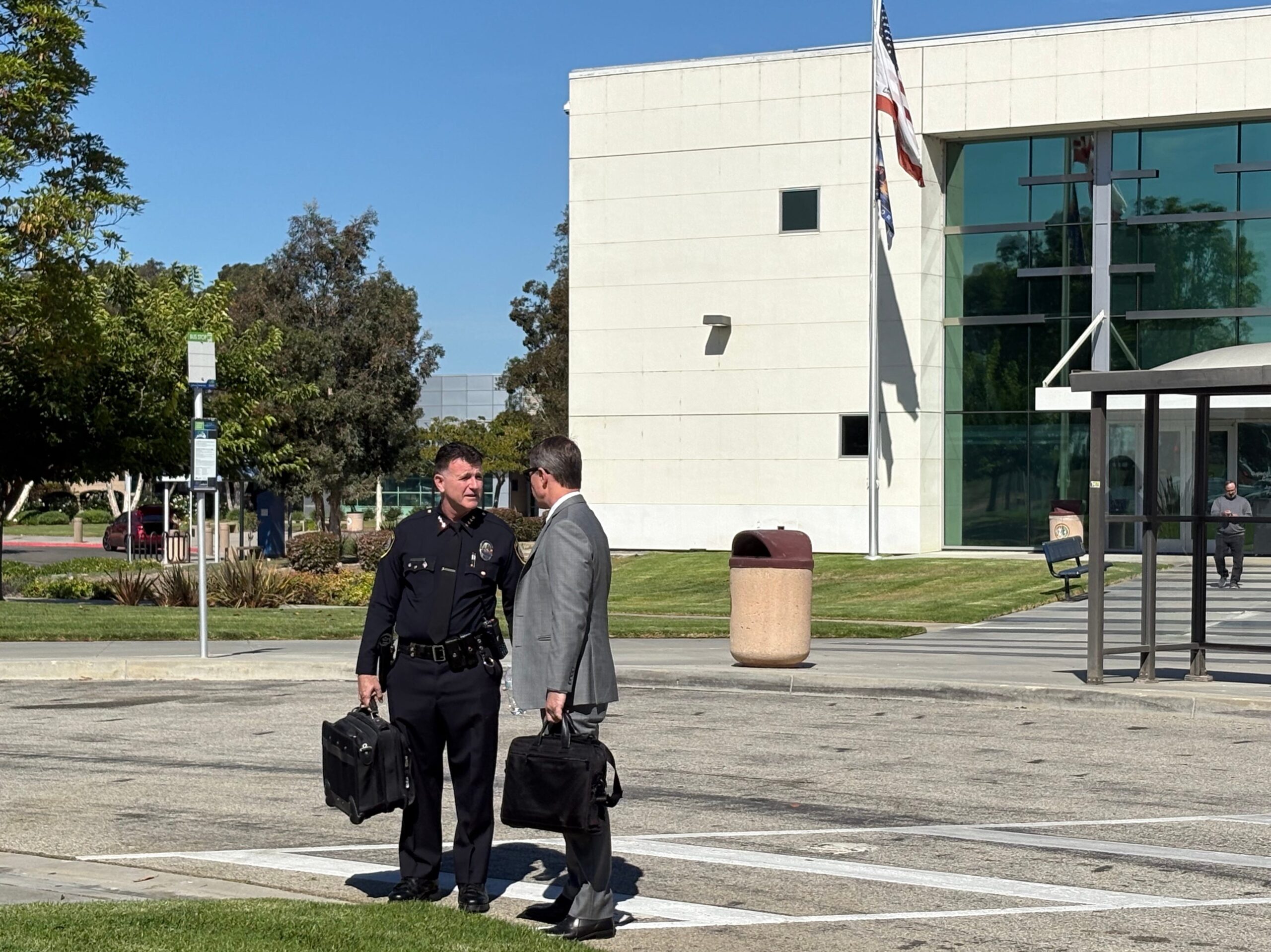URGENT UPDATE: The ongoing legal struggle between Port Hueneme City Council member Laura Hernandez and Police Chief Michael Federico has come to an abrupt halt as both parties have officially dismissed their lawsuits against each other. This significant development occurred on October 14, further complicating the already tumultuous dynamics within the local government.
In a case that sparked considerable public interest, Hernandez initially filed a lawsuit against Federico in July, claiming defamation. She alleged that he was behind a covert campaign to undermine her in the Port Hueneme community. However, her lawsuit was dismissed in August by a court commissioner, who deemed it unsuitable for small claims court.
In response, Federico launched his own legal action, accusing Hernandez of violating California’s anti-doxing law by publicly revealing his home address in her lawsuit. He sought a staggering $280,000 in damages, claiming invasion of privacy and emotional distress. This lawsuit has now also been dismissed, leaving many questions unanswered.
Hernandez stated that no out-of-court settlement was reached, and she expressed confusion over why Federico chose to withdraw his case. “I’m just really inclined to let it go at this point,” she remarked, indicating a desire to move past the conflict. Despite the dismissal being “without prejudice,” which allows for potential re-filing, Hernandez has no intentions to pursue further legal action unless provoked.
Adding another layer to the saga, Hernandez disclosed that she was interviewed by a detective from the Ventura County Sheriff’s Office regarding the doxing allegations. After a follow-up conversation, she was informed that the District Attorney’s Office would not be pursuing charges against her. “I felt comfortable talking to them, because I didn’t feel I had anything to hide,” she said, reiterating her lack of malicious intent.
Legal experts previously indicated that Federico would face significant challenges in his civil suit. They pointed out that court filings are typically protected under “litigation privilege,” meaning Hernandez could potentially be shielded from liability. Furthermore, to succeed, Federico would need to demonstrate that Hernandez released his address with the intent to instill fear for his safety, a claim she firmly denies.
While Hernandez’s original complaint has been removed from the court records following a judge’s ruling in September—replaced by a version that excludes Federico’s address—she expressed no objections to the changes. “I would have been happy to file it that way if I’d been asked,” she noted.
As the situation stands, both parties have stepped back from their legal confrontations, but the potential for future disputes remains. Observers are keenly watching to see if either side chooses to reignite the legal battle or if they will indeed move forward, leaving this chapter behind.
Stay tuned for further developments on this evolving story as we continue to monitor the implications for Port Hueneme’s local governance and community relations.







